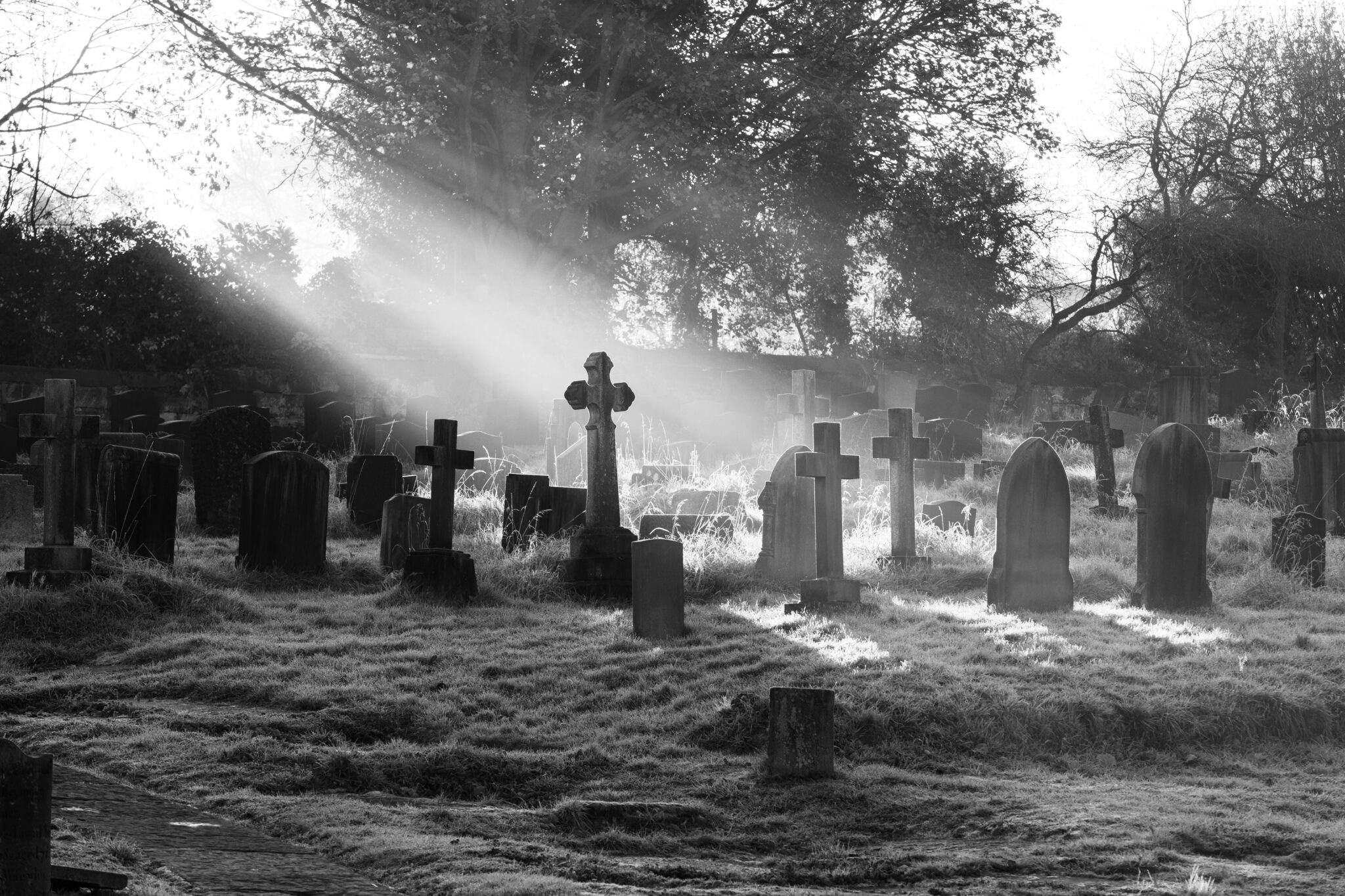What Are You Dying For?
- Pete Johnson

According to the Cambridge Dictionary the phrase “What are you dying for?” carries the meaning “to be very eager to have or do something.”
Some examples of how we use this phrase could be:
“I’m just dying to hear what happened to you!”
“I’m just dying to be on vacation!”
“I’m just dying to know if I got that job!”
We are all living toward dying. All of the effort we put toward living; mentally, physically, and materially result in one thing – death. I believe I wrote in an earlier blog about dying and our use of time. I know it sounds morbid to talk about dying, but I believe it is a good question to think through, what exactly are you dying for?
Are you dying for material things?
For prestige, for fame, wealth- Are you just dying to live- the way you want to live?
As a Christian, what are you dying for?
In A.D. 320, the Roman Empire was ruled by Constantine in the West and Licinius in the East. The Gospel of Christ had permeated the Empire, including the Legions of Rome. The same Roman roads that allowed the Roman Legions to rapidly move throughout the Empire also prepared for the rapid deployment of the Gospel. Not only were civilians bowing their knees and hearts to Christ, but Roman soldiers as well.
Hundreds of years earlier the Apostle Paul attested to the power of the gospel within the Court and flanks of the Roman Empire as he was in prison, Philippians 4:22. Peter was sent to share the Gospel with Cornelius, a centurion in the Roman army, Acts 10.
The Apostle Paul, through his many imprisonments, came to know a lot about soldiers. He even used their faithfulness and their ability to withstand severe hardships as examples of the Christian life.
Share in suffering as a good soldier of Christ Jesus. No soldier gets entangled in civilian pursuits since his aim is to please the one who enlisted him. 2 Timothy 2:3–4
Soldiers know what they are dying for.
In A.D. 320 there was an Elite famous Roman Legion, “The Thundering Legion” stationed in Sevaste, modern-day Turkey. Within its ranks were Christian legionnaires. The unfortunate thing was that these Christian soldiers were under the rule of Emperor Licinius, who co-ruled with Emperor Constantine. Licinius was emperor in the East while Constantine ruled in the west.
Seven years prior, A.D. 313, Constantine, and Licinius had met to work out some of their differences. To keep the status quo, the Edict of Milan was agreed upon. This granted religious toleration to Christians. However, Licinius, a pagan, did not think very highly of Constantine’s favorable view of Christianity. Licinius issued a decree in the Eastern part of the empire that everyone must sacrifice to the Roman gods, this would apply to Rome’s soldiers as well. Within this Legion, “The Thundering Legion” there were 40 Christian soldiers who defied the order.
The forty were brought to trial and were given the order to sacrifice to the Roman gods once again. The leader of the forty stated. “We will not sacrifice. To do so is to betray our holy faith.”
The Governor offered promotion and position for the first soldier to break ranks and deny their faith in Christ. “Give up this stubborn folly. You have no lord but Caesar! In his name, I promise promotion to the first of you who steps forward and does his duty.”
Yet the soldiers stood resolute, ready to die for Christ.
“You are disgracing the Legion and the Emperor by not obeying!” they were told
The forty soldiers were severely beaten and then incarcerated, yet none would bend the knee to the emperor, nor his gods.
If being beat and thrown into prison would not break these Christian soldiers, then perhaps the threat of death would.
The command was given that these forty were to be stripped of all their clothes and marched out to a frozen lake. Here they would be surrounded by guards to ensure that they would not run away. To the astonishment of their commanders and fellow soldiers, the forty voluntarily took off their own clothes and marched out together, singing as they went, toward their deaths.
They stood naked on the frozen lake for over four days mocked and ridiculed by their fellow comrades. Fires were made on the shore along with hot baths and they were enticed to come so they could be warmed and save their selves from dying. All they had to do was deny Christ.
Four days later, with only one of the forty breaking ranks, those Christian soldiers died, and their bodies burned.
What did they die for? They had an opportunity to receive a promotion, to receive special honor from the emperor himself. Wasn’t that worth not dying for?
As I think about this event that happened so long ago, it makes me think “What am I dying for?”
Am I dying to self, or am I dying for myself?
Am I willing to spend my life’s energy on obtaining wealth, honor, and what feels good here on earth, or am I dying for eternal things?
“Do not lay up for yourselves treasures on earth, where moth and rust destroy and where thieves break in and steal, but lay up for yourselves treasures in heaven, where neither moth nor rust destroys and where thieves do not break in and steal. For where your treasure is, there your heart will be also. Matthew 6:19–21










